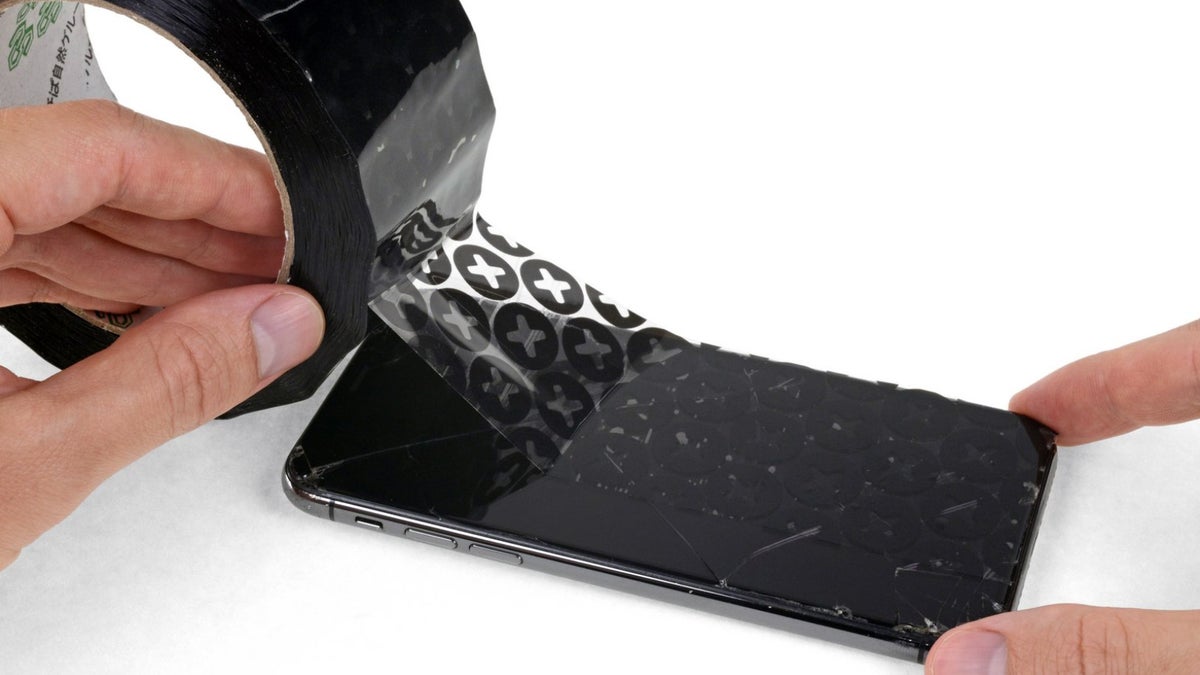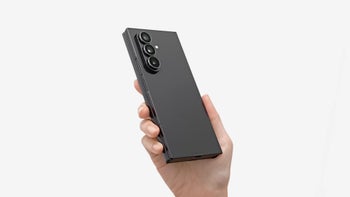Right to Repair vote: if your iPhone was a car, you won't beg the dealer for a fix

Sealed batteries, superglued housing, watertight speakers, stacked display packages - when was the last time you tried to repair anything on your phone but the dust and fingerprint residue?
The phone and other electronics industry is in the right-to-repair state that the car industry was in the 90s. At the time, car makers started introducing increasingly sophisticated electronics in their vehicles, and restricted access to the computers that manage them for your local mechanic.
Thus, not only did you have to shell out for an expensive car, but then the maintenance afterwards could only be done in the dealership with the corresponding long wait times and exorbitant hourly rates for simple things like changing the window switch. After that lost decade when independent repair shops couldn't even read or turn off the check engine light, the locals in Massachusetts fought back and state legislators granted them access to the car manufacturers' tools and diagnostics software, and the rest is history.
What does Right to Repair do for your iPhone or Galaxy repairs?
A similar legislation for the electronics industry, called the Right to Repair Act, has been making the rounds since 2014 when it was first introduced in South Dakota, and now the independent Federal Trade Commission in charge just voted unanimously to enforce it. This follows President Biden's executive order on competitiveness that was introduced not long ago where phone and tractor makers alike were mentioned for monopolistic practices in the maintenance and repair racket.
Apple realized where the wind is blowing as early as this spring when it greatly expanded its Independent Repair Provider program both geographically, to more than 200 countries, and in scope, giving them access to original components, repair manuals and tools, as well as the all-important diagnostics software for repairs after the warranty expiration.
According to the FTC, the industry's backlash against their vote is nullified by statistics, as there is "no empirical evidence to suggest that independent repair shops are more or less likely than authorized repair shops to compromise or misuse customer data." What does the FTC vote really mean, though?
It's not exactly clear for now, really, as the FTC can introduce legislation but that could take years to pass, and it can also bring lawsuits to companies it deems are unfair to the Right to Repair principles. Hopefully that will help swap your Galaxy Buds batteries, as the situation there is as follows, according to iFixit's CEO testimony for the FTC:
We've seen manufacturers restrict our ability to buy parts. There's a German battery manufacturer named Varta that sells batteries to a wide variety of companies. Samsung happens to use these batteries in their Galaxy earbuds … but when we go to Varta and say can we buy that part as a repair part, they'll say 'No, our contract with Samsung will not allow us to sell that'...
Apple is notorious for doing this with the chips in their computers. There's a particular charging chip on the MacBook Pro … there is a standard version of the part and then there's the Apple version of the part that sits very slightly tweaked, but it's tweaked enough that it's only required to work in this computer, and that company again is under contractual requirement with Apple.
Is it now legal to repair your own iPhone?
Yes, that's always been the case, but, as you can see from the iFixit's examples above, there are plenty of ways that manufacturers go around the Right to Repair principles to make it harder to impossible to fix phones outside their reach, so potentially now the FTC could be after those habits on a case by case basis.
In practical terms, however, you still have to take your iPhone to the shop, be it the official Apple Store, Best Buy, or one of the multitude of places that are or will be part of Apple's Independent Repair Provider program after its generous expansion if you want your warranty to stay valid.
They, however, will have more recourse when shopping for spare parts in bulk, and could lodge a complaint with the Federal Trade Commission if Varta still won't sell them the Galaxy Buds batteries because of exclusivity agreements with Samsung.
In any case, we will still be waiting for time to tell if the FTC's vote will mean easier and cheaper iPhone and Galaxies repairs, even though the laws around Right to Repair are made enforceable now. On the other hand it will take just one precedent for the independent repair industry's dream of open access to the same tools and software that manufacturers use to become reality, so we hope the FTC already has plans to make an example of someone, as suggested by its Chair Lina Khan:
These types of restrictions can significantly raise costs for consumers, stifle innovation, close off business opportunity for independent repair shops, create unnecessary electronic waste, delay timely repairs, and undermine resiliency. The FTC has a range of tools it can use to root out unlawful repair restrictions, and today’s policy statement would commit us to move forward on this issue with new vigor.
Follow us on Google News













Things that are NOT allowed:
To help keep our community safe and free from spam, we apply temporary limits to newly created accounts: